

You only get one first impression, and indie studio Supergiant Games made their mark with its initial offering, Bastion – a breathtakingly designed and mechanically sound fusion of old school brawling and modern RPG philosophies. When the team’s follow-up title Transistor was first revealed, it was no surprise to see the studio’s emphasis on stunning art and soundscapes was intact. But make no mistake: from a gameplay and story standpoint, Transistor is a truly unique experience from the first moments to its abstract final act.
Although the game drops players into the action with little information, the basic premise soon becomes clear: players embody the role of Red, a popular singer in the fictional city of Cloudbank. For reasons that are initially unclear, Red has been robbed of her voice, and a close friend has been killed by a large sword – dubbed ‘The Transistor’ – which now possesses the fallen comrade’s consciousness. Together, the pair set out to bring to justice those responsible; not only for the murder and her loss of voice, but the increased oppression of Cloudbank’s most influential figures.
While that story is straightforward enough (and the four leaders of the mysterious society known as The Camerata are emphasized in the game’s launch trailer) the actual infusion of story throughout Transistor is unconventional, to say the least. Those who played through Bastion will know that Supergiant has a taste for dropping players into the middle act of a larger story, but Transistor is even less forthcoming with plot details.
There is a good chance that many players will complete the entire campaign with only a rough idea of what has actually taken place – a claim that could also be made in the case of Bastion. But by embracing the fusion of fantasy and cyberpunk, the delivery method for story becomes increasingly layered and abstract. If the ending of the game, in particular, is hard to understand for some, there is no doubt that is exactly what the developers are after. As it stands, those looking for story will need to seek it out.
Luckily, plot information and gameplay are interwoven with an elegance that is downright uncommon these days. As Red makes her way across Cloudbank, computer terminals, audio logs, archives, and new reports all work to not only offer a steady trickle of backstory to explain how the Camerata’s plans have gone so awry, but how the city has been shaped by the same fascist thinking that gave rise to George Orwell’s “Big Brother.”
The game doesn’t beat players over the head with morality tales or philosophy, instead allowing the larger themes to cling to the edges of the campaign, with an unconventional (but well-written and performed) love story providing most of the driving force. Not to mention a core set of gameplay mechanics and RPG upgrades that are addictive all by themselves.
We first noted just how different an experience the team was after when we first played Transistor back at E3 2013; having swapped the frenzied melee and range combat of Bastion for a more refined and inspired mechanic. The Transistor may be Red’s only weapon, but its uses in combat against The Process – strange robotic(?) entities serving the Camerata – are widespread. Players are granted the chance to outfit their sword with up to four different Functions at once, along with up to two Passive abilities.
What makes the weapons and customization of Transistor downright brilliant is the versatility, helping streamline what might otherwise be a headache. With each new Function unlocked comes a choice: will the Function be used as an in-combat attack, an Upgrade to an existing attack, or a Passive ability? Each Function can be used for each, and experimenting is about far more than simply finding a preferred play style (as was the case in Bastion).
The decision to use an area-of-effect action as either a means of crowd control, or an upgrade which drops explosive charges whenever Red sprints through the battlefield is a serviceable level of customization, but even the upgrades are used to expand on the story of the game’s world. You see, the Functions aren’t arbitrary unlocks, but the remnants of actual Cloudbank citizens who have fallen to the oppressive regime. And through the Transistor, they are given their own chance for justice as well.
Players can still choose to try their luck fighting a wide range of enemies in real time, but the not-quite-turn-based combat is without a doubt the real star of the game. Using the mysterious weapon, players can effectively Pause the action, and select or plan a sequence of attacks. Lining up enemies to be struck with a single blast, maneuvering behind for extra damage, or simply prioritizing targets never ceases to satisfy, and the thrill of sending the entire plan into action never wanes.
The punishment of a depleted health bar has also been given a second look, as a ‘death’ doesn’t result in a Game Over screen, but the removal of a random Function from the selectable attacks. Since weapon loadouts can only be changed at set points outside of battle, players will need to familiarize themselves with all aspects of their arsenal.
Besides offering an extra challenge through death, the need to give each Function a proper upgrade quickly becomes clear, as it may end up as the player’s last lifeline. That’s assuming that the desire to learn more about the game’s characters isn’t enough, as each personal backstory is only unlocked when players equip a specific Function as a primary, upgrade, or passive ability.
The option to increase the difficulty for bonus experience points makes a return, along with the chance to hone one’s abilities in practice arenas and challenges. And while the fiction, the world, and the cast of characters are not as profoundly impactful as those found in Bastion, it’s hard to say that the overall experience is any less stirring. The studio made it clear they’re after more than just addictive gameplay, and they haven’t missed a step yet.
Supergiant’s vision this time around is less clear – but in this case, that seems to be a sign that the studio has increased its ambition, and is indeed pursuing a story that is more confident in its abstract and ethereal story. In a way, it’s as if the poignancy of Bastion‘s last hour has been spread evenly across Transistor from beginning to end.
It may seem less of a fairy tale, but it’s still one accomplished story. And with gameplay that is both approachable and engaging without sacrificing depth, the team at Supergiant have shown that they’re just getting started.
__________
Transistor is available for the PS4 and PC. We played it on PC.
Follow Andrew on Twitter @andrew_dyce.
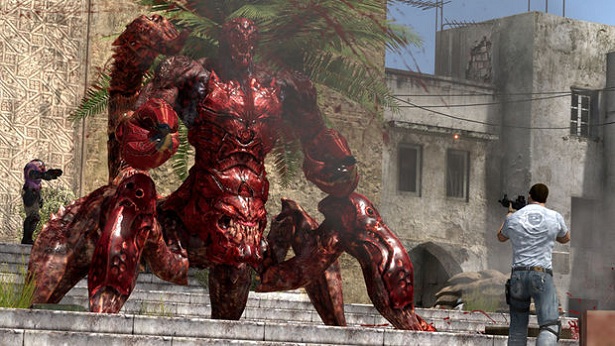
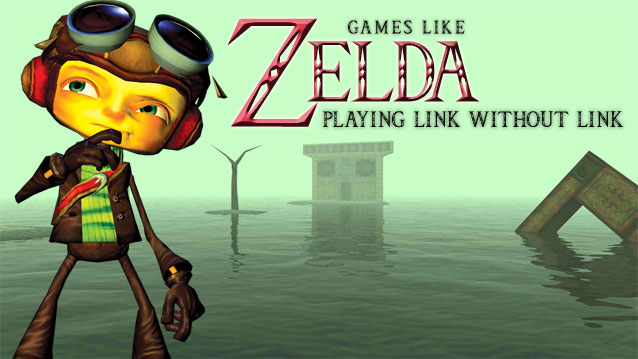

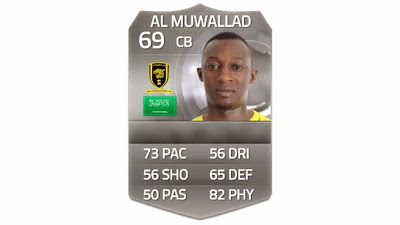
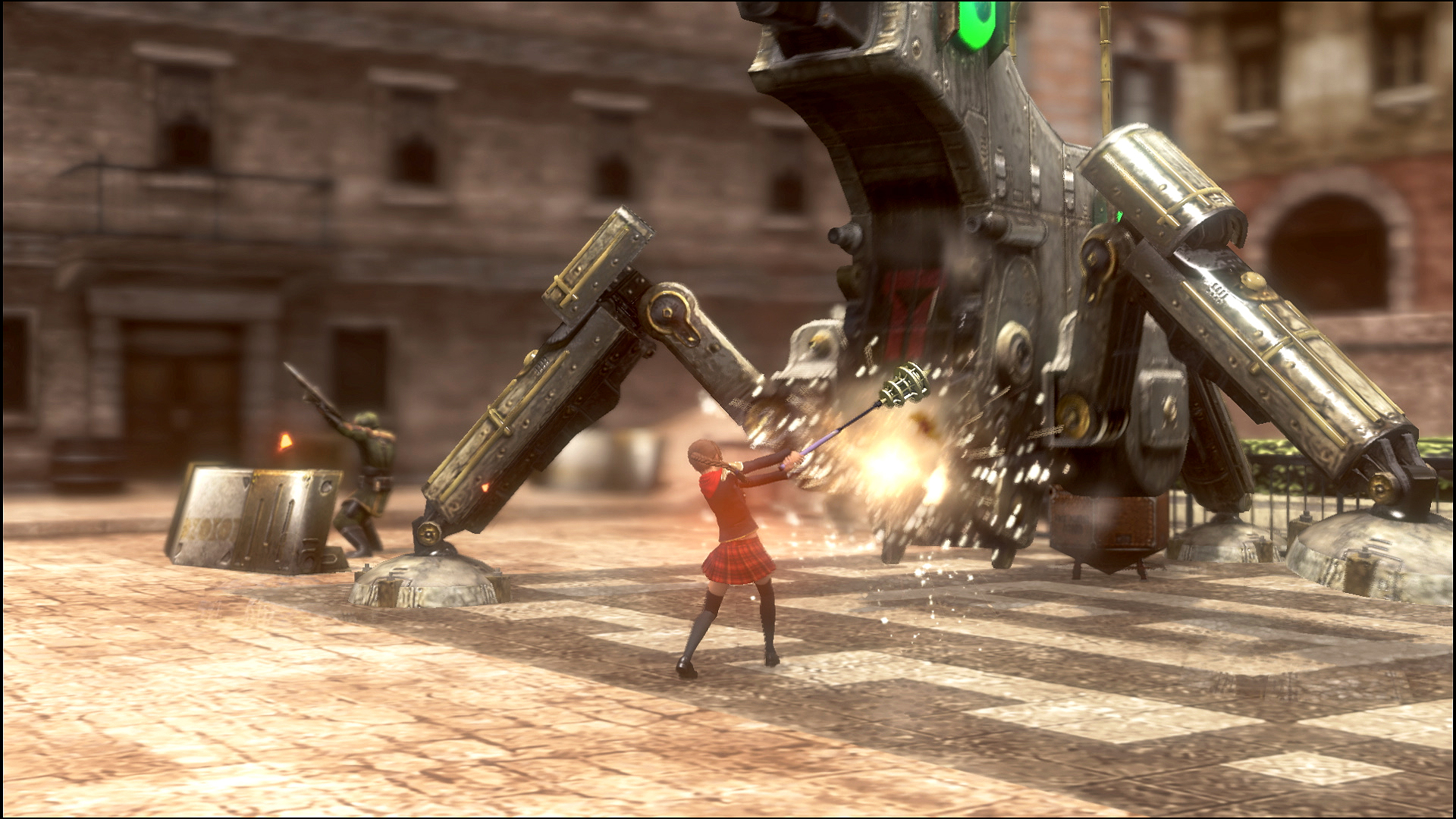 Final Fantasy Type-0 HD - Reach Level 99 in less than 30 minutes using Secret Training
Final Fantasy Type-0 HD - Reach Level 99 in less than 30 minutes using Secret Training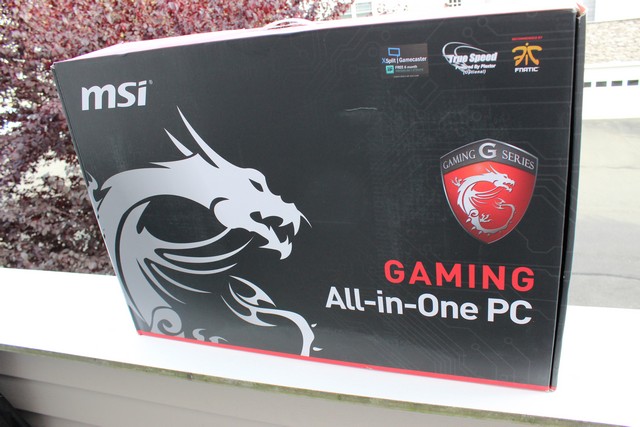 MSI 21.5 Inch All-In-One Gaming PC Review And Giveaway
MSI 21.5 Inch All-In-One Gaming PC Review And Giveaway Dark Souls 2 Enemies Guide - Part 1
Dark Souls 2 Enemies Guide - Part 1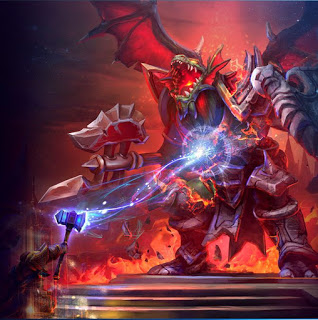 Heroes of the Storm (PC) sidequests guide
Heroes of the Storm (PC) sidequests guide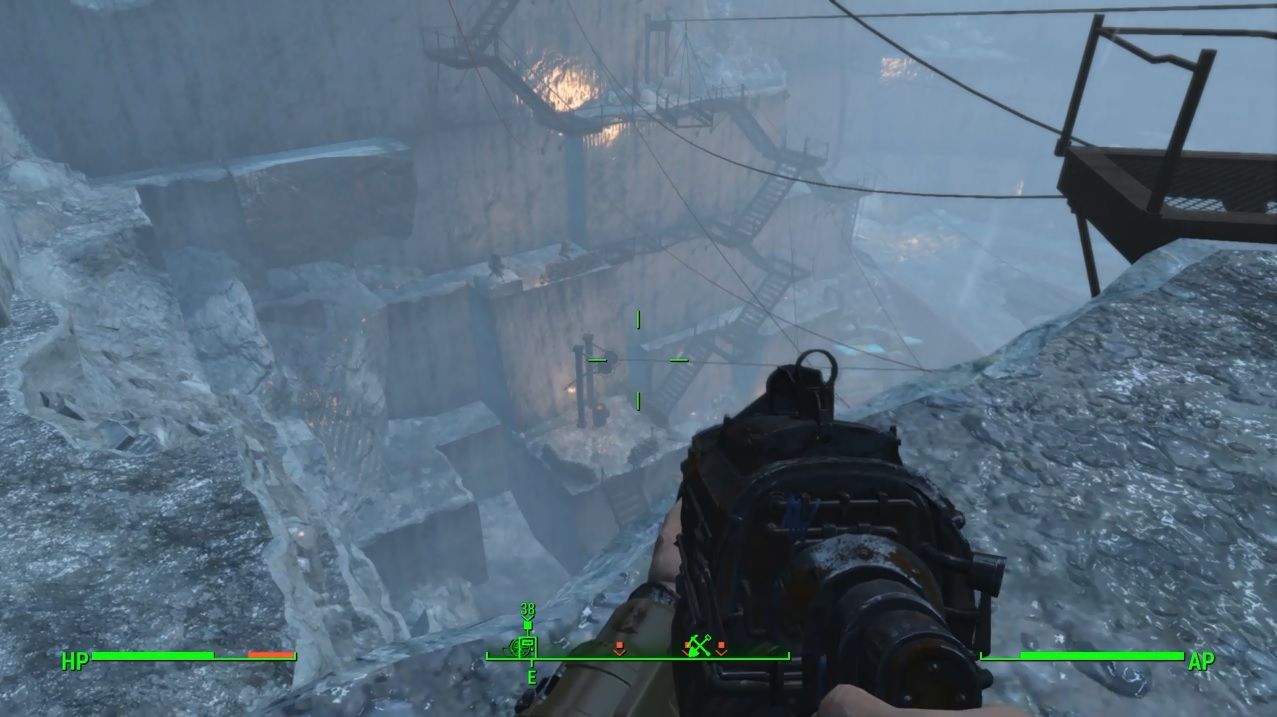 Fallout 4: To the Mattresses walkthrough
Fallout 4: To the Mattresses walkthrough